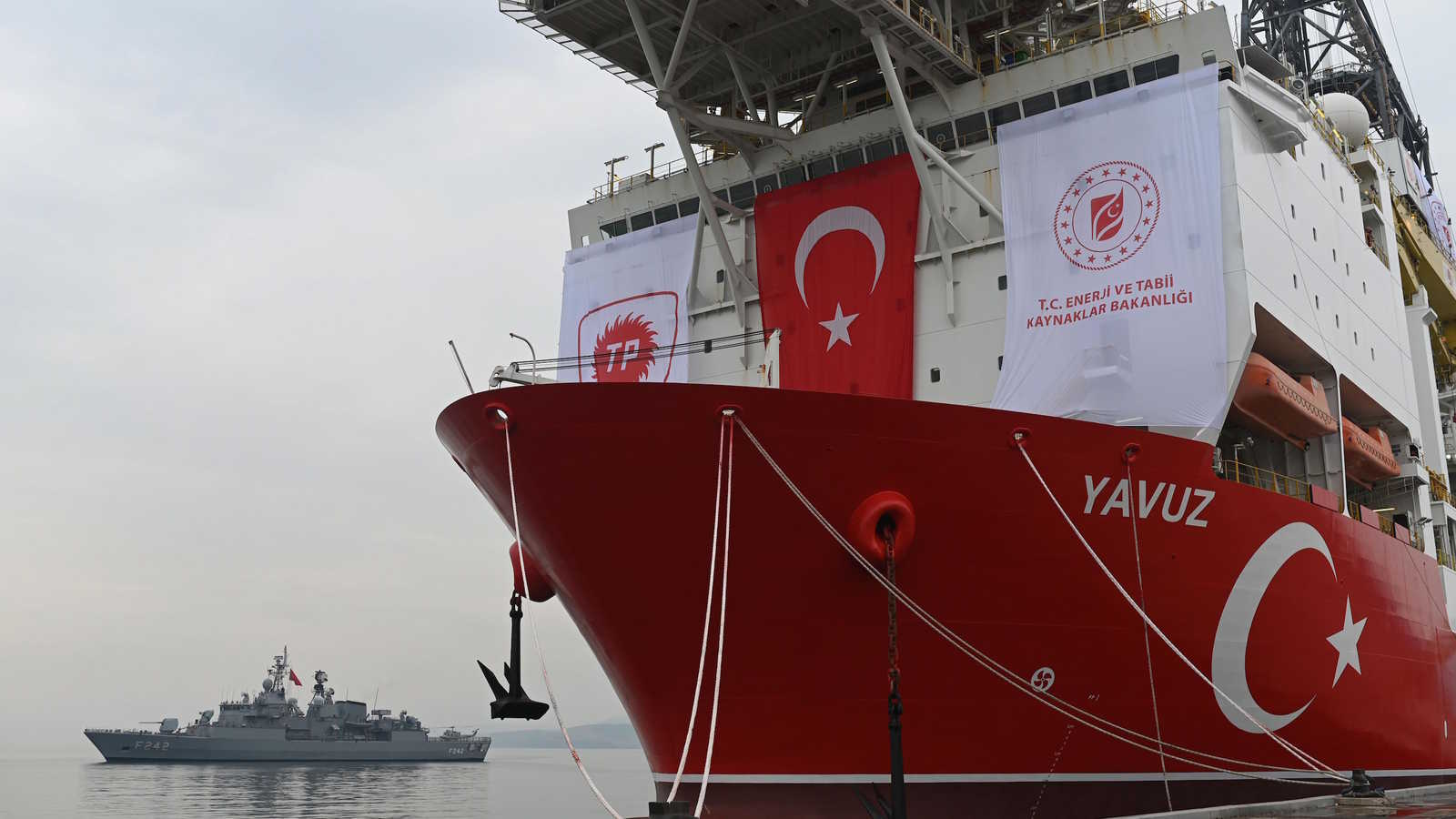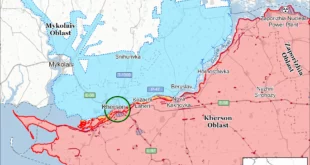
Turkey has agreed to resume long-stalled talks with Greece on complex territorial disputes, but its calculus appears focused on short-term gains in its relations with the United States and the European Union.
After months of bilateral tensions over maritime borders and gas exploration rights, Turkish and Greek diplomats are scheduled to resume on Jan. 25 talks in Istanbul on long-standing territorial disputes in the Aegean Sea. The meeting will break a nearly five-year hiatus in the talks, but the prospect of any meaningful de-escalation and confidence-building appears elusive.
The meeting will mark the 61st round in the so-called exploratory talks between the two troubled neighbors, initiated nearly two decades ago in a bid to define and resolve a tangle of clashing territorial claims in the Aegean. The two sides have reported little progress over the years, while the disputes — involving continental shelves, airspace boundaries, islets with disputed ownership and Greece’s militarization of islands close to Turkey’s shores — have grown even more complex since the last round in March 2016 amid a fresh row over gas drilling rights in the Eastern Mediterranean.
Ankara signed a maritime delimitation deal with Libya’s Tripoli-based Government of National Accord in November 2019, while Greece struck a similar deal with Egypt in August. The agreements cover overlapping zones in the Eastern Mediterranean, meaning that the Turkish-Greek disputes have spilled over beyond the Aegean, growing into a regional crisis involving other littoral states.
The Turkish-Greek exploratory talks began in 2002 amid a thaw in bilateral ties, spearheaded by then Turkish Foreign Minister Ismail Cem and his Greek counterpart, George Papandreou. The process has been volatile, mirroring the ups and downs in bilateral ties. While more than 30 rounds of talks took place in the first three years, the dialogue became less frequent or fell into lengthy hiatuses in the ensuing years.
Last summer, bilateral tensions simmered around the Greek island of Kastellorizo, a stone’s throw from Turkey’s Mediterranean coast, as Ankara sent a research ship escorted by military vessels to the area where Greece also claims maritime rights. Though the area is not part of the Aegean Sea per se, the issue is expected to come up in the Jan. 25 meeting as maritime rights form the core of bilateral rows in both seas. The two sides will take stock of how their positions have changed in the past five years and what they can negotiate next.
The Greek side wants to limit the discussion to the demarcation of maritime zones, while Turkey wants to bring up also the status of eastern Aegean islands as well as islets it describes as of “undetermined ownership.” The meeting — to be chaired by Turkish Deputy Foreign Minister Sedat Onal and veteran Greek diplomat Pavlos Apostolidis — is unlikely to produce any breakthrough in the short term.
Still, Ankara has agreed to resume the talks, even though it appeared bent on muscle-flexing and coercive diplomacy with Greece until recently. What lies behind its change of heart? The reasons have to do more with external factors than a policy shift in Ankara.
The chief external factor is the change of guard at the White House. The imminent departure of President Donald Trump will deprive Ankara of its chief helper in Washington over the past four years. Incoming US President-elect Joe Biden’s administration is not only unlikely to be as lenient on Ankara but is expected to coordinate tougher positions with the European Union. Ankara’s decision to resume talks with Greece resonates as a message to the Biden administration and the EU ahead of critical NATO and EU summits.
At the Feb. 17 NATO summit in Brussels, Biden and EU leaders are expected to discuss joint decisions on Turkey. Therefore, Turkey wants to display a commitment to diplomacy with Greece ahead of the summit, even though it expects little from the talks.
Ankara is abuzz with talk of intensive efforts to arrange a meeting between Erdogan and Biden on the fringes of the summit. Erdogan has reportedly made multiple attempts for a phone call with Biden over the past month, but with no success thus far. Whether Biden eventually meets with Erdogan in Brussels will be an important sign of how Turkish-US relations proceed in the coming months.
Another milestone for Ankara is the EU summit in March. The bloc’s summit in December ended with a decision to defer discussions of possible sanctions against Turkey over its “unauthorized drilling activities in the Eastern Mediterranean” to the March summit. “The EU will seek to coordinate with the US on matters relating to Turkey and the situation in the Eastern Mediterranean,” a European Council statement added.
Ankara is eager to show that it favors de-escalation both at the negotiating table and on the ground. The Oruc Reis seismic research ship, which surveyed Mediterranean waters for gas throughout the summer, is moored in the Gulf of Antalya until June 15.
The resumption of talks with Greece has deeply irked Turkey’s nationalist quarters, including retired admirals and generals suspicious of the West. They see the talks as “beating the air” or a diplomatic gimmick to distract Turkey while Greece advances its interests on the ground.
Retired Adm. Cem Gurdeniz — credited as an architect of the Blue Homeland concept, which advocates for Turkey’s geopolitical expansion and aggressive protection of its maritime interests — believes that the Foreign Ministry has been too meek in the exploratory talks and that their resumption endangers the Blue Homeland tenets.
In remarks to the media this week, Gurdeniz said that Turkey was nearing a geopolitical junction where it must decide whether to continue to align with the Western security block in the Eastern Mediterranean and the Aegean Sea or opt for independent strategies to protect its interests. He slammed the government for backing down from its hard-line attitude in the row with Greece, adding, “You cannot manage Turkey’s geopolitics with such zigzagging.”
In sum, Ankara’s decision to resume talks with Greece looks like a gesture to find favor with the incoming Biden administration and the EU. The same can be said for Athens. By posing for the cameras in the same room, the Turkish and Greek delegations will have accomplished their mission on Jan. 25.
 Eurasia Press & News
Eurasia Press & News



